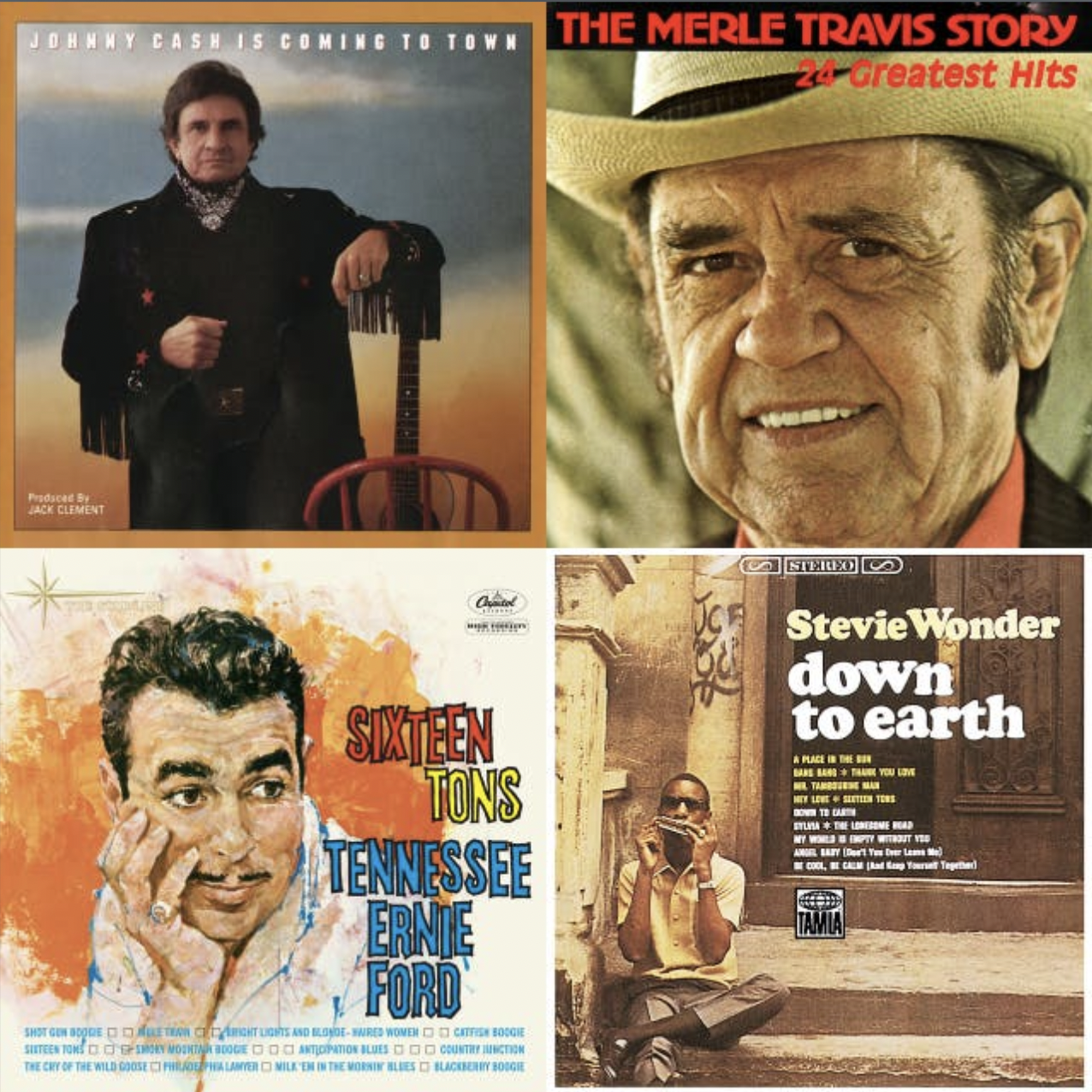Five hundred and twenty-eight tons
Johnny Cash. Stevie Wonder. Tom Jones. ZZ Top. Jimmy Dean of microwave breakfast stardom. What do these artists have in common? They’ve all covered the song “Sixteen Tons,” originally written by the American folk artist Merle Travis in 1947. The song’s most well-known recording was made by Tennessee Ernie Ford in 1955, and since then, it has been recorded hundreds upon hundreds of times, by artists across genres: folk, rock, hip hop, a cappella. The song has been sung in countless languages, from French to Chinese to Hungarian. Despite being American at its core, something about this song is universal.
“Sixteen Tons,” was written from the experience of Travis’s family members, who worked in the Kentucky coal mines in the early 20th century. Day after day, they endured harsh physical labor only to grow “one day older and deeper in debt.” These laborers were left unpaid, as their work would be traded for vouchers they could only use at stores owned by the company they worked for. This vicious form of debt labor is memorialized in the chorus’s powerful final line: “Saint Peter, don’t you call me, ‘cause I can’t go / I owe my soul to the company store.”
So what made a song about the horrors of American capitalism so popular amongst people worldwide? For one, it might be the catchy recurring rift: some translations change the lyrics completely (the German version is about a woman named Mary-Ann). Still, many versions don’t change much at all. While “Sixteen Tons” has been referenced in pop culture and scholarly articles alike in every context imaginable, the song itself is rarely analyzed.
I think the answer to the song’s popularity can be found in the history of American folk music itself. The genre was born out of the struggles of working class and enslaved individuals, who wrote their sentiments into music. Over time, the styles of different cultures began to mix into a single genre that valued storytelling as a creative output. The American folk genre is still thriving, and many of the songs written and performed hundreds of years ago are still referenced in our daily lives. There is something universal, timeless, about these stories about overcoming— or, occasionally, succumbing to— struggle.
So while we may not all have our lives indebted to an early 20th-century monopoly, we all know what it feels like to be in a toxic or one-sided relationship. The concept of living through daily struggles is universal. “Sixteen Tons,” in a way, provides listeners with hope and strength, as well as some pretty powerful lyrics.
To conclude, I have curated a playlist with 33 different versions of the song “Sixteen Tons” across genres and languages (thus, 528 tons). If you have a moment, I recommend putting it on a shuffle and wondering for yourself: what does it take for a song to defy borders, cultures, and time?
– Emma Abate

